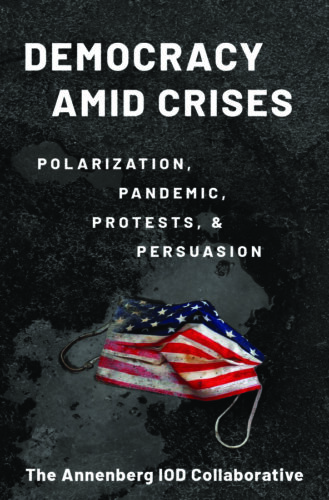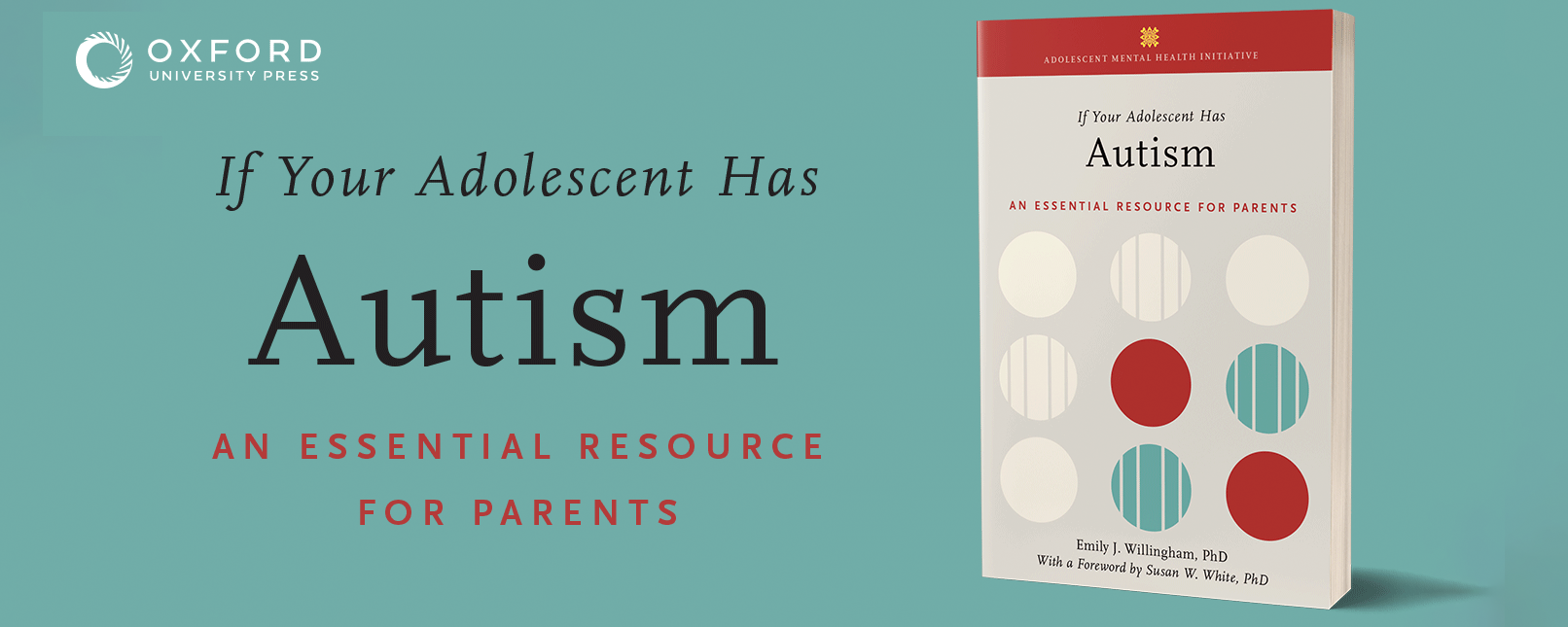 With the nation gripped by four interlocking crises, the 2020 election cycle was one of the most turbulent in U.S. history. These crises, perceived by voters in fundamentally different ways, were the Covid-19 pandemic; the ensuing economic fallout and uneven recovery; the reckoning over racial justice, which in some cities turned violent; and Trump’s refusal to accept the results of the election, sparking a crisis of democratic legitimacy abetted by an unprecedented flood of viral conspiracy theories.
With the nation gripped by four interlocking crises, the 2020 election cycle was one of the most turbulent in U.S. history. These crises, perceived by voters in fundamentally different ways, were the Covid-19 pandemic; the ensuing economic fallout and uneven recovery; the reckoning over racial justice, which in some cities turned violent; and Trump’s refusal to accept the results of the election, sparking a crisis of democratic legitimacy abetted by an unprecedented flood of viral conspiracy theories.
How did these crises shape voter opinions? What impact did they have on the outcome of the 2020 election? And how have they shaped our politics in current-day America?
In Democracy Amid Crises: Polarization, Pandemic, Protests, and Persuasion (Oxford University Press, 2023), a team of scholars assembled by the University of Pennsylvania’s Annenberg Public Policy Center (APPC) provide a data-rich analysis of the impact of these crises on the 2020 election and its aftermath, including the attack on the U.S. Capitol on January 6, 2021.
A resource for political scientists and communication scholars, the book is based on 14 waves of panel survey data tracking the decision-making process of more than 9,000 citizens in four battleground states – Florida, Michigan, Pennsylvania, and Wisconsin. It shows how patterns of media consumption influenced their attitudes, and how conspiracy theories about the election and pandemic powerfully shaped beliefs and attitudes as well.
The economy vs. Covid-19

Democracy Amid Crises is the work of the Annenberg IOD Collaborative, a group of 11 scholars at seven universities, including lead author Matt Levendusky, a professor of political science in the University of Pennsylvania’s School of Arts & Sciences and the Institutions of Democracy (IOD) survey director of the Annenberg Public Policy Center, and Kathleen Hall Jamieson, director of the Annenberg Public Policy Center and Elizabeth Ware Packard Professor at the university’s Annenberg School for Communication.
Unlike most recent presidential campaigns, where stewardship of the economy was the main question, “Covid disrupted that in a fundamental way,” Levendusky said. Biden managed to successfully displace the economy in favor of the pandemic as the central issue in the minds of many voters. “While Trump said he did a good job with the economy pre-Covid, Biden said you can’t fix the economy until you’ve handled Covid. And even Trump’s strongest supporters didn’t think he did a good job managing the pandemic.”
In a series of focused analyses, the book includes chapters on:
- Not one electorate, but many: The multiple electorates of 2020
- Did the Covid-19 pandemic sink Trump’s reelection?
- The best of times, the worst of times: Perceptions and effects of the economy
- Law and order vs. law and order with racial justice: The effect of the campaign and racialized events on attitudes and vote choice
- A deeper anxiety: Was status threat at play in 2020?
- “Stop the Steal”: The rhetoric of electoral delegitimacy

“Given the strength of our dataset, with surveys in the field through the inauguration, readers can follow the changing attitudes of our very large panels,” Jamieson said. “This story doesn’t end with Election Day. The book also shows how subsets of voters came to think the election was stolen, and violence may be necessary to defend the American way of life,” pointing to important and somber challenges for American democracy in the years to come.
The authors of ‘Democracy Amid Crises’
The Annenberg IOD Collective comprises:
- Matthew Levendusky is political science professor at the University of Pennsylvania’s School of Arts & Sciences and the Stephen and Mary Baran Chair in the Institutions of Democracy at the Annenberg Public Policy Center.
- Josh Pasek is associate professor of communication & media and political science at the University of Michigan and an APPC distinguished research fellow.
- Lance Holbert is professor of communication and social influence at Temple University and an APPC distinguished research fellow.
- Bruce W. Hardy is associate professor of communication and social influence at Temple University and an APPC distinguished research fellow.
- Kate Kenski is professor of communication at the University of Arizona and an APPC distinguished research fellow.
- Yotam Ophir is assistant professor of communication at the University of Buffalo, State University of New York, and an APPC distinguished research fellow.
- Andrew Renninger, who is pursuing a Ph.D. at University College London, was a researcher at the Wharton Geospatial Initiative and at APPC until August 2021.
- Dan Romer is research director of APPC.
- Dror Walter is assistant professor of digital communication at Georgia State University and an APPC distinguished research fellow.
- Ken Winneg is managing director of survey research at APPC.
- Kathleen Hall Jamieson is director of the Annenberg Public Policy Center of the University of Pennsylvania and Elizabeth Ware Packard Professor of the university’s Annenberg School for Communication.
***
Democracy Amid Crises: Polarization, Pandemic, Protests, and Persuasion
Oxford University Press | January 2023
Hardcover $99.00 | ISBN 9780197644690
Paperback $24.95 | ISBN 9780197644706
Also available as an e-book. Read more at Oxford University Press.


